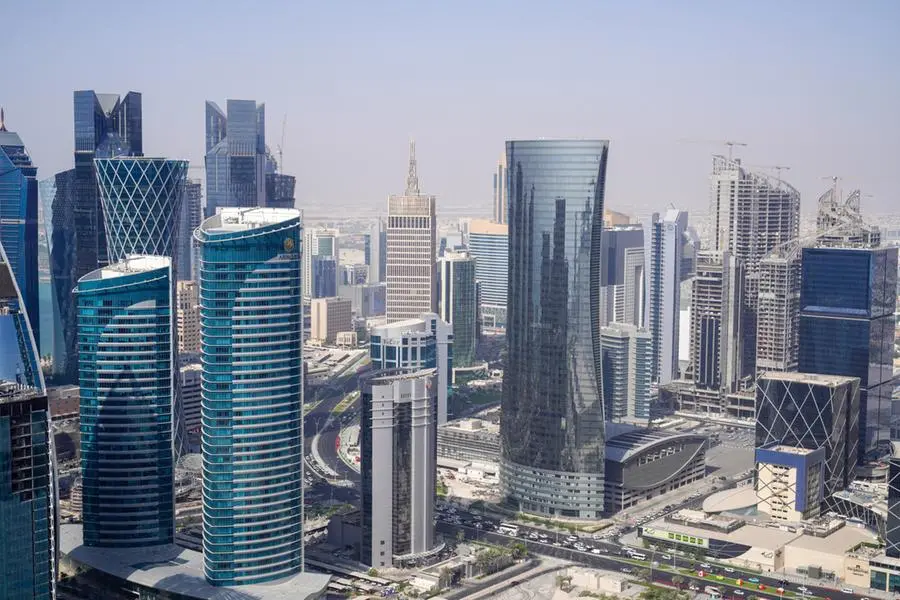PHOTO
Qatar’s current account surplus will remain in double digits this year and in 2024, Oxford Economics said in its latest country update.
The surplus widened to over 26% of GDP in 2022, Oxford Economics noted.
Oxford Economics expects Qatar's overall GDP to grow by 2.6% this year and next. Non-oil activity is continuing to rise according to the purchasing managers' index (PMI) survey, ending second quarter (Q2) strongly at 53.8 in June.
Robust demand has been a key driver of the recovery in output and employment and has kept businesses optimistic, particularly in the manufacturing and services sectors.
“We expect non-oil GDP growth to soften somewhat, slowing from 3.3% this year to 3.2% in 2024,” Oxford Economics said.
The latest industrial output data show the mining sector's performance continues to improve, albeit at a slower pace of just 0.8% year-on-year (y-o-y) in May.
The trend is “consistent” with Oxford Economics’ energy GDP growth outlook, which the researcher thinks will ease to 1.3% this year, from 1.7% in 2022.
“Still, the North Field gas expansion project is driving a more positive medium-term outlook for the sector,” Oxford Economics noted.
Budget data for the first quarter (Q1) showed revenues rose 5.5% compared to the same quarter last year, driven by energy income.
Meanwhile, spending fell 4.9% y-o-y amid reduced capital and project spending, which widened the quarterly budget surplus to QR19.7bn.
Notwithstanding lower global commodity prices, Oxford Economics anticipate a full year budget surplus of 9.2% of GDP this year, before it narrows to 8.4% in 2024.
Inflation moderated to a two-year low of 2.5% y-o-y in June, dragging down the Q2 average to 3%, from 4.2% in Q1.
Disinflation continued across most categories, but food and recreation and culture prices climbed, driving a 0.1% month-on-month (m-o-m) increase in the headline rate.
“We expect inflation to ease further in the next few months and briefly turn negative in Q4. We have hardly changed our 2023 forecast, now at 2.2%, and expect inflation to average 1.9% next year,” Oxford Economics said.
Qatar's central bank raised interest rates by 25bps in July, mirroring the move by the US Fed. This, it said, is likely to be the final hike of this cycle given that both inflation and demand are cooling, though further tightening is still a potential.
Moreover, the shift to rate cuts will likely be delayed well into 2024, with policy easing only gradually, Oxford Economics added.
© Gulf Times Newspaper 2022 Provided by SyndiGate Media Inc. (Syndigate.info).





















